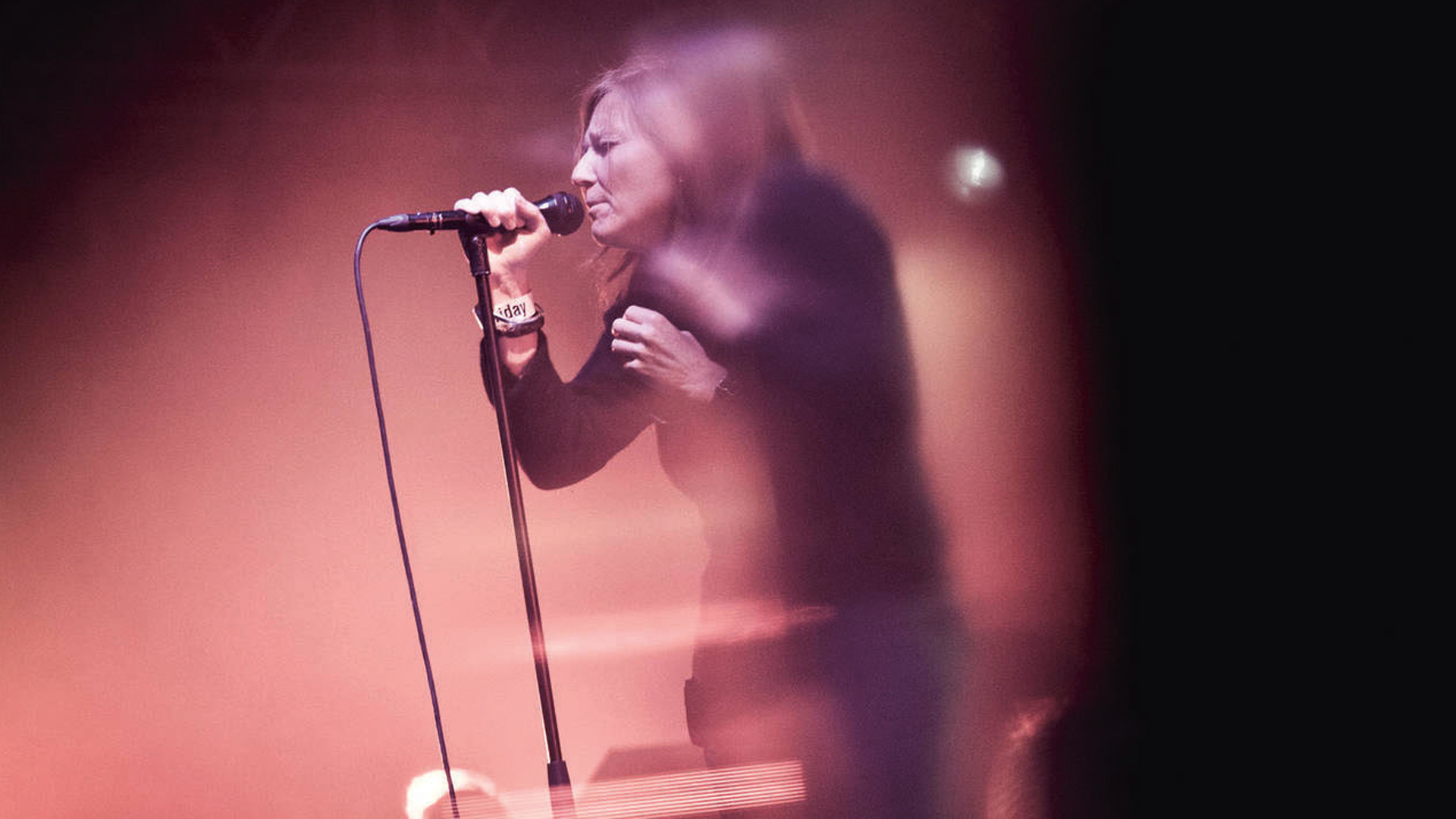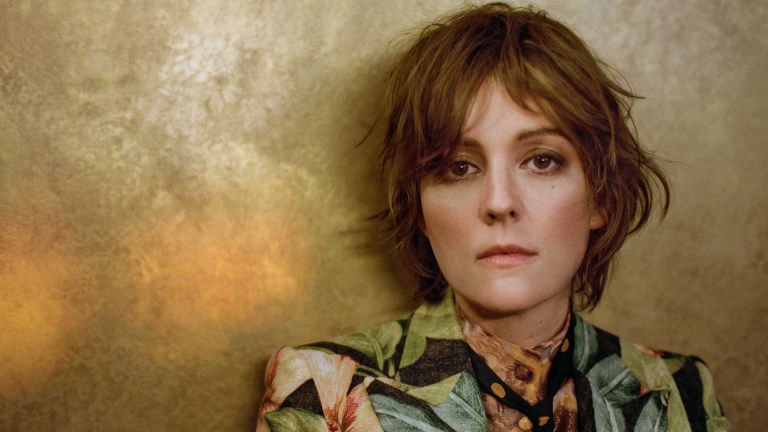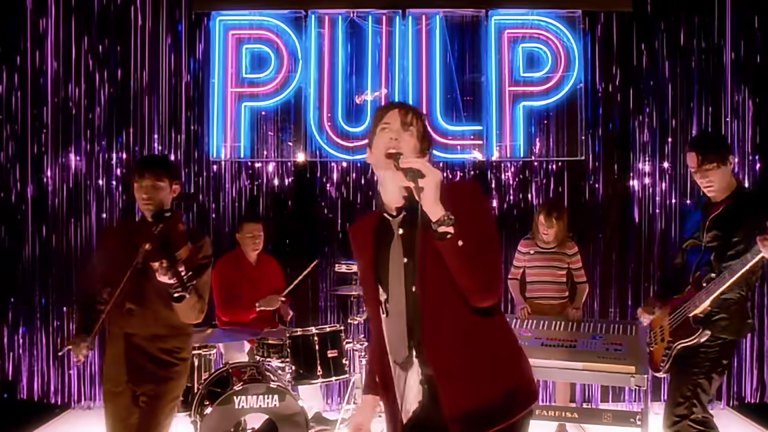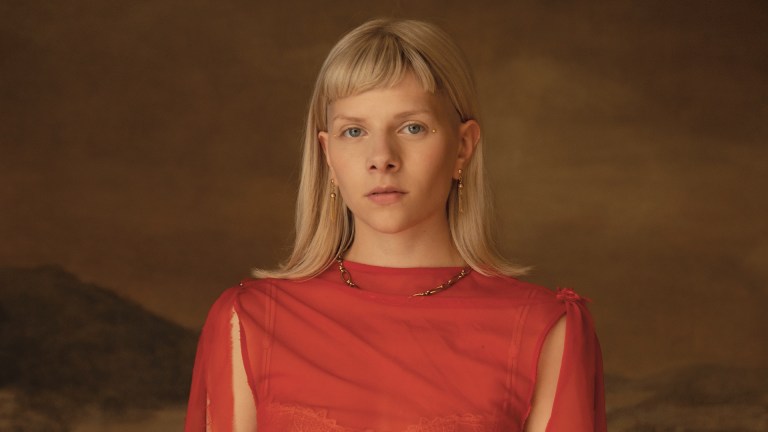Classical music tends to strike those radicalised by rock and pop as a bizarre, state-subsidised cult. To sceptics it brings to mind bushy eyebrows and fusty period dramas, the stale scent of a headmaster’s office during a telling-off. The classical world, in turn, has a nasty habit of repelling the working class like a foghorn. Even progressive institutions like the English National Opera offer few concessions for young or low-income visitors. Exceptions exist, but who will seek them out? Resentment of classical music comes so naturally that it’s easy to believe you were born with it.
While pop shares little ground with its rarefied ancestor, a handful of artists have made homes in the netherworld in-between. On March 29, Beth Gibbons returns with her first album since Portishead’s Third in 2008, singing Henryk Górecki’s Symphony Number 3 (Symphony of Sorrowful Songs) with the Polish National Radio Symphony Orchestra. Recorded live in 2014 and released on indie label Domino, the album is a reminder of how extravagant strings, regal brass and soul-stirring vocals can fill you with a sense of triumph over improbable forces, even if they’re forces of repulsion towards classical music itself.
On the spring release schedule, Gibbons rubs shoulders with the Cinematic Orchestra, whose first album in 12 years, To Believe, enters a tasteful pop-classical realm explored and expanded by the Bedroom Community and Erased Tapes labels. Alongside Max Richter, these composers have helped modernise the form with found sounds and electronics, straddling ancient and modern sounds. On the opposite fringe are cantankerous hybrids like These New Puritans. After they enlisted composer Michel Van Der Aa for the austere Field of Reeds, their new record Inside the Rose weaves echoes of Steve Reich and Depeche Mode into an electronic odyssey, fusing lofty ideas with the band’s Essex everyman roots.
Alongside Max Richter, these composers have helped modernise the form with found sounds and electronics, straddling ancient and modern sounds
The classical avant-garde, insofar as it has bled into rock and pop, tends to serve as an escape hatch from “retromania”, the term journalist Simon Reynolds coined for modern music’s hankering for nostalgia. Since developments like Schoenberg’s 12-tone technique, contemporary classical has existed far outside of the rock continuum, sometimes alienating casual listeners, sometimes deliberately. The job of outré pop artists like TNP’s Jack Barnett is to create space for these radical ideas, which require patience, in compact songs that have little time to waste.










